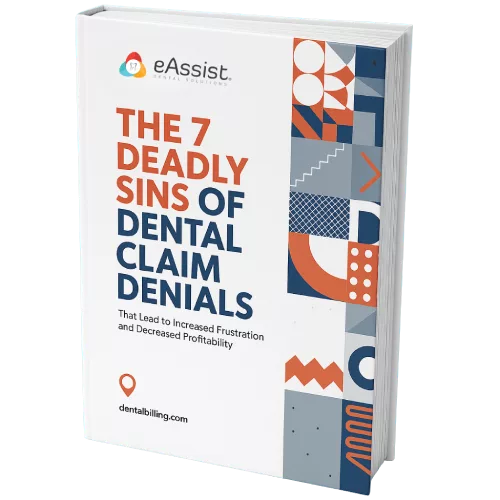

Co-Founder and CXO, eAssist
Sandy Odle is the Co-Founder and CXO of eAssist Dental Solutions, where she has played a key role in shaping the company’s business and marketing strategies, leading to record growth and national recognition on the Inc. 500 and Utah Top 100 lists. A passionate social entrepreneur, Sandy believes that business is about building meaningful connections and creating personalized solutions that truly meet customer needs. Her relentless commitment to delivering exceptional client experiences is at the heart of eAssist’s mission. Drawing on the discipline and attention to detail honed during her early career as a ballet dancer, Sandy brings a unique blend of creativity, precision, and work ethic to everything she does.
Dental Coverage for Sealants
If people neglect to take care of their teeth at home or visit the dentist regularly for preventive care, their teeth may develop conditions, like cavities or an infected pulp. However, sometimes, people cannot fully clean areas, such as the back teeth, by just brushing and flossing. Sealants can help people better care for their teeth, and, fortunately, dental insurance can cover them.
What are sealants?
Sealants can help protect the teeth from substances that could potentially damage them. Many people, including children, teenagers, and adults, can get sealants, which are thin plastic coatings painted on the chewing surfaces of teeth to prevent tooth decay. According to WebMD “the sealant quickly bonds into the depressions and grooves of the teeth, forming a protective shield over the enamel of each tooth.” The teeth will be less susceptible to decay since plaque and food will not get stuck in those areas.
Regarding costs, people have to pay for a sealant per tooth, and there is usually no price difference between sealants for baby teeth and permanent teeth. Although sealants can last up to 10 years, people need to regularly visit the dentist who can examine their sealants for chips or wear. People can inadvertently remove their sealants when eating or chewing sticky foods or damage them when grinding their teeth. Dental practices may or may not require patients to pay for repairing or replacing their sealants.
Dental insurance and sealants
Dental insurance policies can cover sealants, but the coverage can be limited. They usually provide benefits for sealants because sealants can reduce tooth decay and the need for more expensive fillings. However, policies usually only cover sealants for those under 16 or 18. Furthermore, they typically provide coverage for sealants applied to 1st and 2nd permanent molars, but not for primary teeth or permanent bicuspids. Dental insurance companies may also deny coverage for sealants applied to teeth with caries and wisdom teeth. They may also limit benefits by covering a sealant on only one tooth or covering sealants once every 3 to 5 years.
Dental sealants can help mitigate tooth decay. While dental insurance policies may have some caveats for covering sealants, people can still enjoy some coverage for them. If you are struggling with billing sealants, consider partnering with eAssist. Our Success Consultants are familiar with sealants and all other treatments and will ensure your claims are billed correctly. To learn more schedule a free consultation.
Spotlight

The 7 Deadly Sins of Dental Claims Denials
Learn how to avoid the most common claim mistakes and get paid faster.
Download eBook

Dental Insurance Billing Done for You
Discover how eAssist helps practices simplify billing and boost collections.
See How It Works

Talk to a Dental Billing Specialist
Not sure where to start with medical billing? Let’s talk.
Book a Consultation


